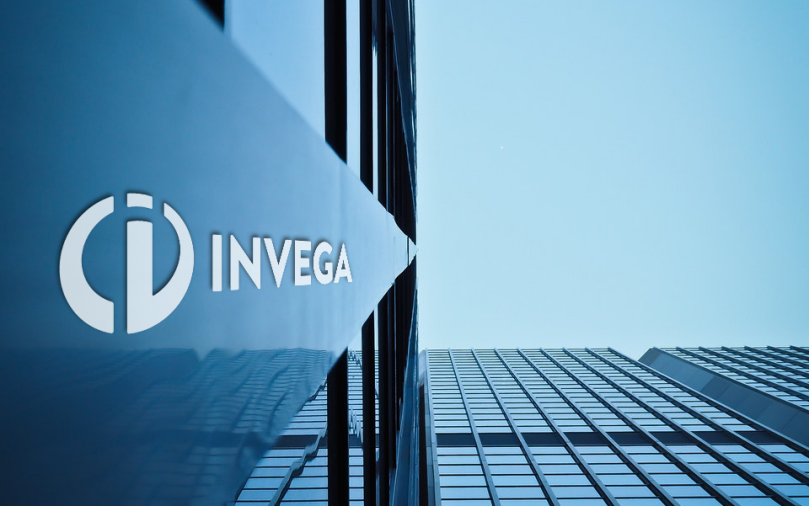Creating a single, strong, credible national promotional body with a broad remit
The Government of the Republic of Lithuania today approved the consolidation model of national development institutions (NDIs) on the basis of INVEGA as the parent company, and the remaining NPIs as its subsidiaries. These are Investment and Business Guarantees UAB (INVEGA), Public Investment Development Agency UAB (lith. UAB “Viešųjų investicijų plėtros agentūra” – VIPA), State Investment Management Agency UAB (lith. UAB “Valstybės investicijų valdymo agentūra” – VIVA), Agricultural Loan Guarantee Fund UAB (lith. UAB “Žemės ūkio paskolų garantijų fondas“ - ŽUPGF) and State Investment Capital UAB (lith. UAB “Valstybės investicinis kapitalas“ - VIKA). The government also approved the action plan for the consolidation of the NDIs, which sets out the key stages of the consolidation, and instructed the Ministry of Finance to represent the state as a shareholder in the consolidated NDIs.
The government’s ambition is to create a financially strong and politically independent institution that will make incentive investments, be able to raise funds from the capital markets and finance strategic projects together with private institutional investors. The consolidated NPI should act as a strong NPI with a clear vision and strategy to promote sustainable economic and social development, providing financial services in areas of strategic importance to the state, where financing is insufficient and/or suboptimal under market conditions.
This task is not straightforward, not least because all NPIs operate in different areas (business, agriculture, public infrastructure), implement financial instruments for specific purposes, use different models of financing their activities and apply different legal and governance practices.
 INVEGA CEO Kęstutis Motiejūnas
INVEGA CEO Kęstutis Motiejūnas
‘Now the task for all national promotional institutions, in cooperation with the shareholder – the Ministry of Finance – is to achieve this goal’, says INVEGA CEO Kęstutis Motiejūnas. This task is not easy, not least because all NPIs operate in different areas (business, agriculture, public infrastructure), implement financial instruments for specific purposes, use different models of financing their activities and apply different legal and governance practices. The objective can only be achieved if all the NPIs to be consolidated consistently implement the tasks set out in the consolidation road map.
The continuity of existing NPIs is one of the key conditions for reform. Therefore, the activities and functions of the companies involved in the consolidation will continue throughout and beyond the consolidation process in relation to the funds, financial and other instruments implemented and managed by them.
The greatest asset of all the consolidated institutions is their staff, who have unique and hard-to-replace competences.
‘Both in the preparation and implementation of the consolidation plan and in the future design of the activities of the already consolidated NDI, it must be taken into account that the greatest asset of all the consolidated institutions is their staff. They have accumulated unique and hard-to-replace competences, and it is therefore very important that these competences are maintained and incorporated to the maximum extent possible throughout the process’, Motiejūnas explained. It is equally important to effectively involve the Managers of Appropriations, i.e. one of the financiers of the financial instruments implemented by the NPIs, in the process and decision-making.


